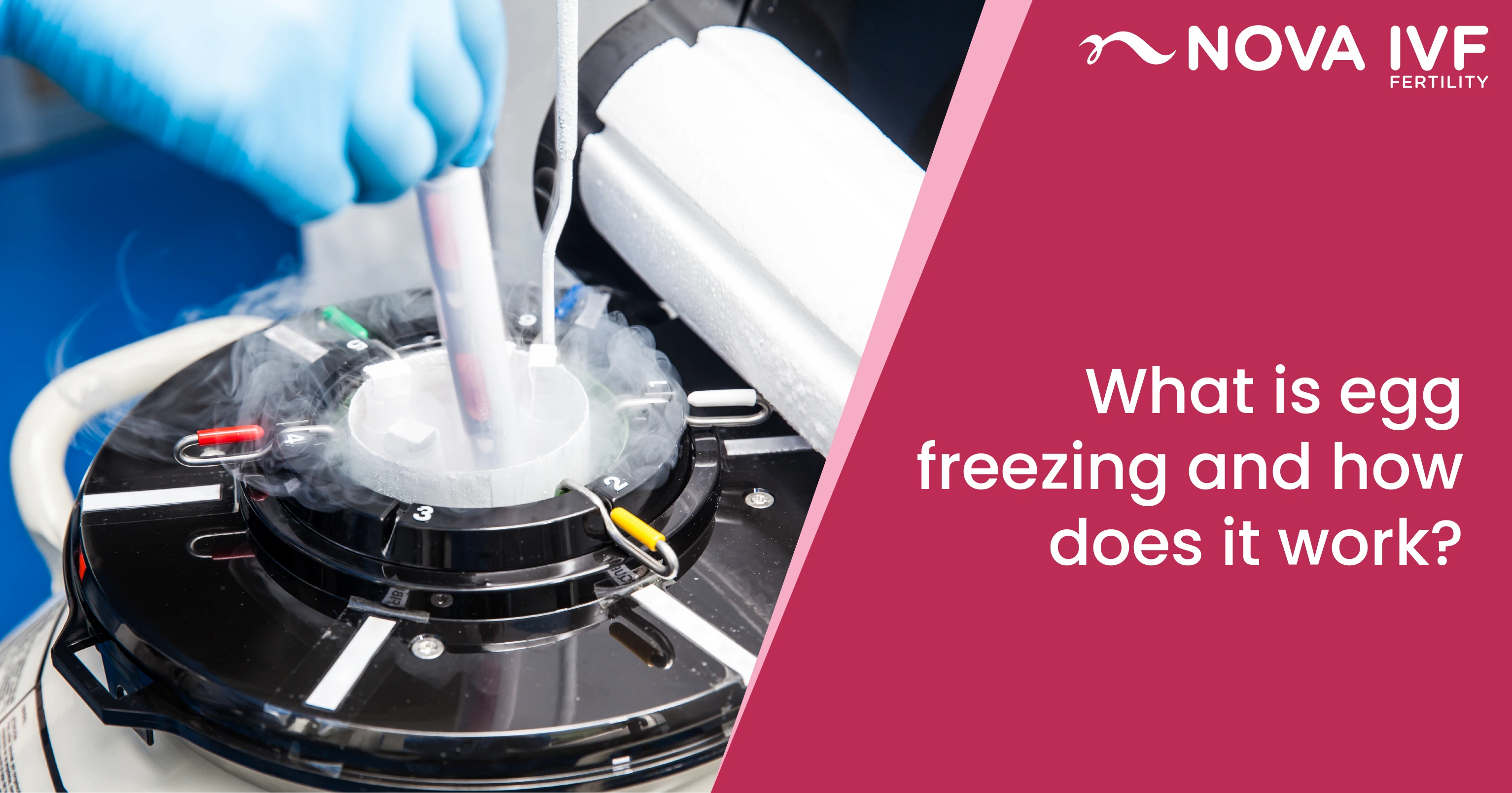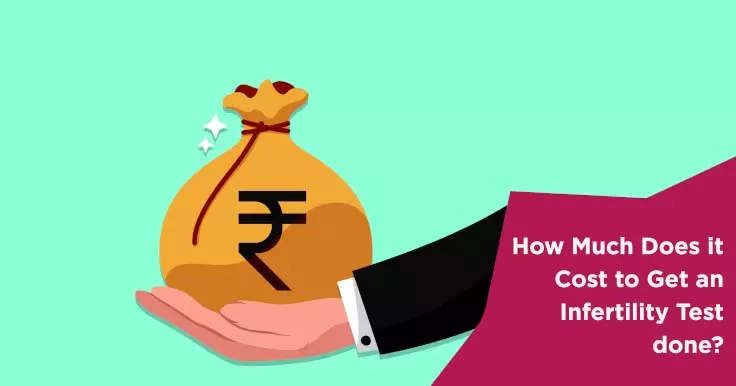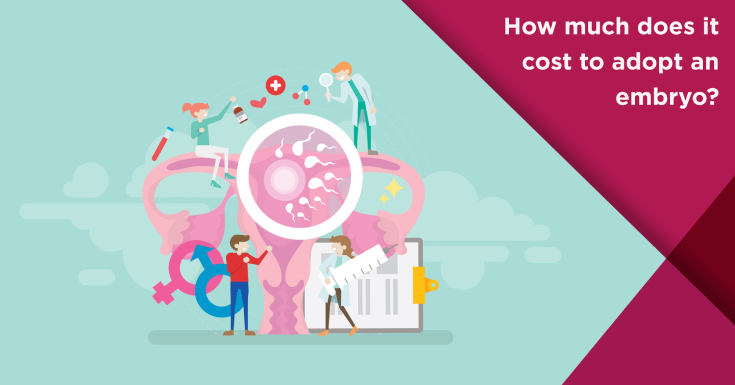Egg Freezing: A Complete Guide to Preserving Your Fertility

As a woman ages, her fertility reduces. This is mainly because the number of high-quality eggs reduces. A number of other factors like chemotherapy can also affect fertility. Thankfully, today, it is possible to preserve eggs for later use.
This is known as oocyte freezing which refers to a process wherein eggs are harvested from a woman’s ovaries, and frozen unfertilized for later use. When the woman decides that she wants to have a baby, she can thaw the eggs and use them for an IVF cycle.
How are Eggs Frozen?
Once the eggs are harvested from the ovaries, they are cooled to a sub-zero temperature. This stops all biological activity in the eggs. Cryoprotectants are then used to freeze the eggs in one of the two ways listed below:
Slow-freeze method: involves using low concentrations of cryoprotectants to gradually freeze the eggs. As the temperature reduces, the metabolic rate in the egg also reduces and the concentration of cryoprotectants is increased. This helps reduce the potential exposure of the eggs to toxins in the cryoprotectants,
Vitrification: This involves using higher concentrations of cryoprotectants to freeze the eggs rapidly. The temperature of the eggs is reduced rapidly so that there is no time for intracellular ice crystals to form.
Who can Benefit from Oocyte Freezing?
A woman can choose to freeze her eggs if she does not want to have children right now but wants to ensure that the option to have a biological child is available to her at a later date. Since the egg is frozen in its unfertilized state, sperm is not required at this point. However, the woman will have to take some hormonal medication to stimulate the development of eggs in the ovaries.
Some of the cases in which women may want to consider Oocyte freezing are when:
- The woman has to undergo some form of treatment that can affect fertility. For example – radiation or chemotherapy for cancer treatment.
- The woman plans to undergo IVF but her partner cannot provide sperm on the same day. In such cases the egg may be thawed when the man’s sperm becomes available, fertilized in the lab and transferred back to the woman’s womb.
- The woman is not ready to have a family now but may want to have biological children at a later date.
- The woman should preferably freeze eggs before 37 years of age. This is because with advancing age, the quality and number of eggs declines and hence the chances of pregnancy with frozen eggs also comes down.
Oocyte freezing could also be a boon for career-oriented women who want to have children of their own at a later date.
 Infertility Counselling
Infertility Counselling Female Infertility Treatment
Female Infertility Treatment Andrology Treatment
Andrology Treatment Fertility Enhancing Surgeries - Female
Fertility Enhancing Surgeries - Female Fertility Enhancing Surgeries - Male
Fertility Enhancing Surgeries - Male Endoscopy Treatment
Endoscopy Treatment IUI Treatment
IUI Treatment IVF Treatment
IVF Treatment ICSI Treatment
ICSI Treatment Advanced IVF Solutions
Advanced IVF Solutions Embryology
Embryology Vitrification Egg, Embryo, Sperm Freezing
Vitrification Egg, Embryo, Sperm Freezing Preimplantation Genetic Testing (PGT)
Preimplantation Genetic Testing (PGT) Donation Program Embryo / Egg / Sperm
Donation Program Embryo / Egg / Sperm Self-cycleTM IVF
Self-cycleTM IVF

 Self-cycleTM IVF
Self-cycleTM IVF










